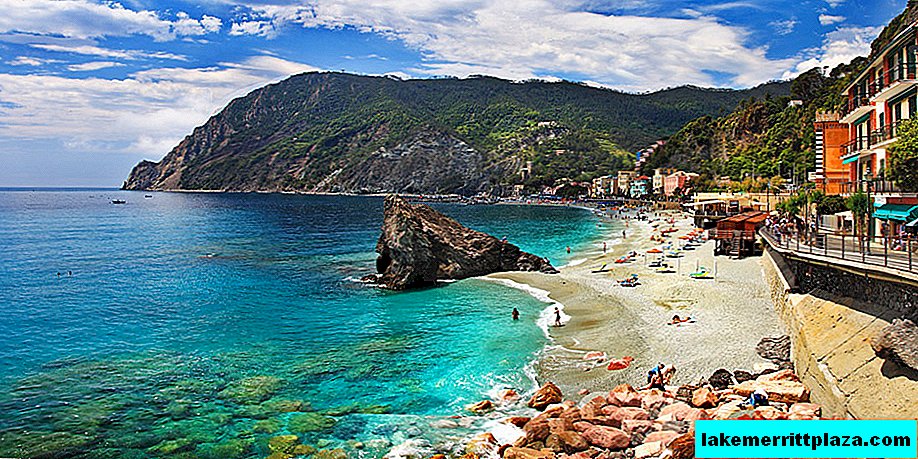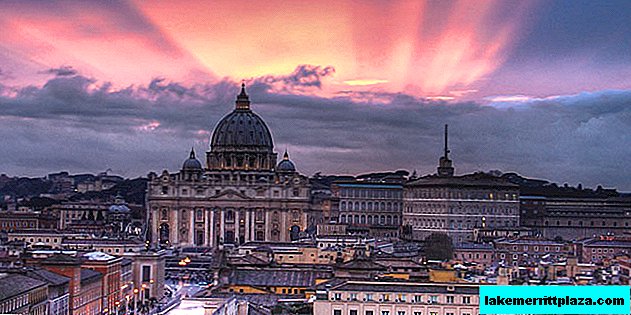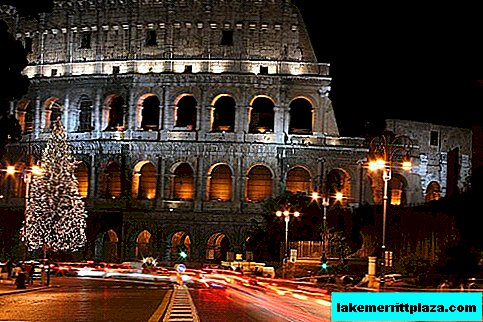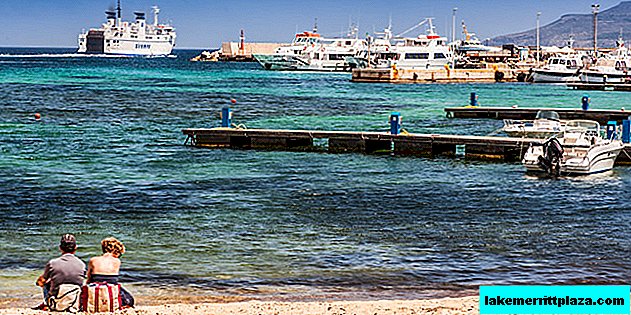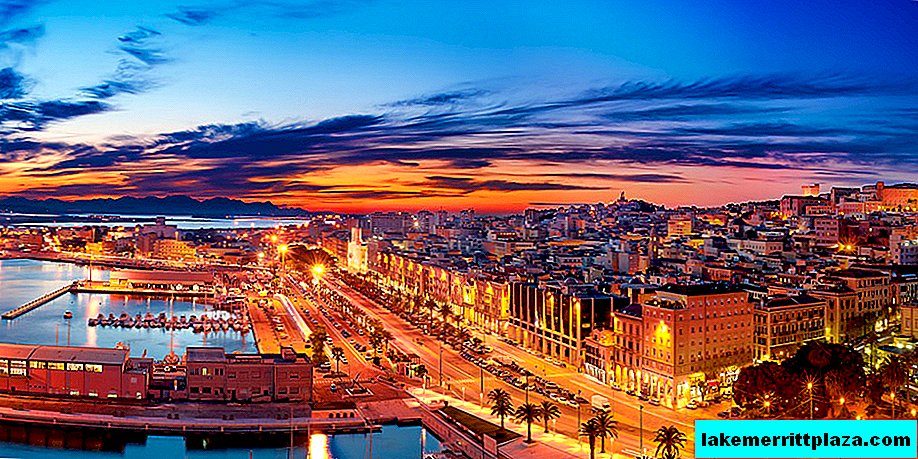May 17, 2014 Rome will host the Night of Museums. But one of the main symbols of Italy, the Colosseum, will be closed: there were not five volunteers among the staff.
Saturday May 17th will be an important day for Italian culture (and tourism): state and regional museums will be open from 20 to 24 hours for the International Museum Night, the sixth consecutive night in Rome.
The European project, born in 2005, this time will bring together three thousand museums from forty countries. State and municipal museums, private exhibition halls, city libraries, art academies, cultural centers and universities will open their doors to the public in the evening. At the same time, in Italy it will be possible to enter municipal museums up to 2 a.m., and up to 24 hours in state museums and other exhibition spaces. Tickets cost an average of 1 euro, but entry will often be free. A detailed program schedule can be viewed by following, for example, this link.
However, one of the symbols of all of Italy, the Colosseum, will remain closed. This fact was confirmed by the Minister of Culture Dario Franceschini: “Based on the current situation, the Colosseum will be closed because the leadership could not find the five superintendents-volunteers provided for by the trade union agreement,” he commented with regret.
"The first participation in the International Museum Night six years ago was a really important step in the country's cultural development and its popularization on the world stage. Unfortunately, due to the current situation, the Colosseum will be closed, and I would like you to know - why, at least if nothing changes in the next few hours, which I really hope for, because according to the rules of the trade union agreement, to open a museum it is necessary that a third of the employees go to work as volunteers, ”Franceschini added.“ But there weren’t five and workers to open the museum during Museum Night. In this situation, I have no opportunity to influence the situation, since there are no instructions on this matter: I can only try to file a petition. Since, in my opinion, this is absurd if The Colosseum will remain closed due to a shortage of five volunteers. It amazes me that on the eve of an event of a European level, we can’t solve a little difficulty. "
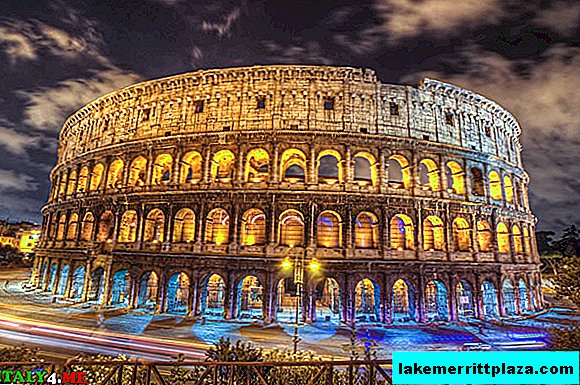
The mayor of Rome, Ignazio Marino, also took part in the general debate: “The question is very clear: the minister can open a museum only if there are at least five people among all the staff who agree to work on a voluntary basis. labor will subsequently be compensated. " Marino also still hopes that the problem can be solved: "As a Roman and as a mayor, I am sure that there will be five people who, for the sake of numerous tourists and fellow citizens seeking to visit the Colosseum, agree to sacrifice several hours of their time and work as Colosseum caretakers."
And yet it is likely that one of the most important sites of Museum Night 2014 will not open its doors to the public ...
Updated: “Today, May 15, 2014, the Ministry of Culture of Italy and the leadership of the Coliseum nevertheless came to an agreement: the Flaviev amphitheater will nevertheless open for the Night of Museums on May 17, 2014. However, with limitations: a maximum of three thousand people can get into the museum, only 50 people at a time pre-registered at the Coliseum Call Center. ”
Call Center Phone: +39 06 399 67 700.
Opening hours: Monday-Friday 9-18 / Saturday 9-14.

